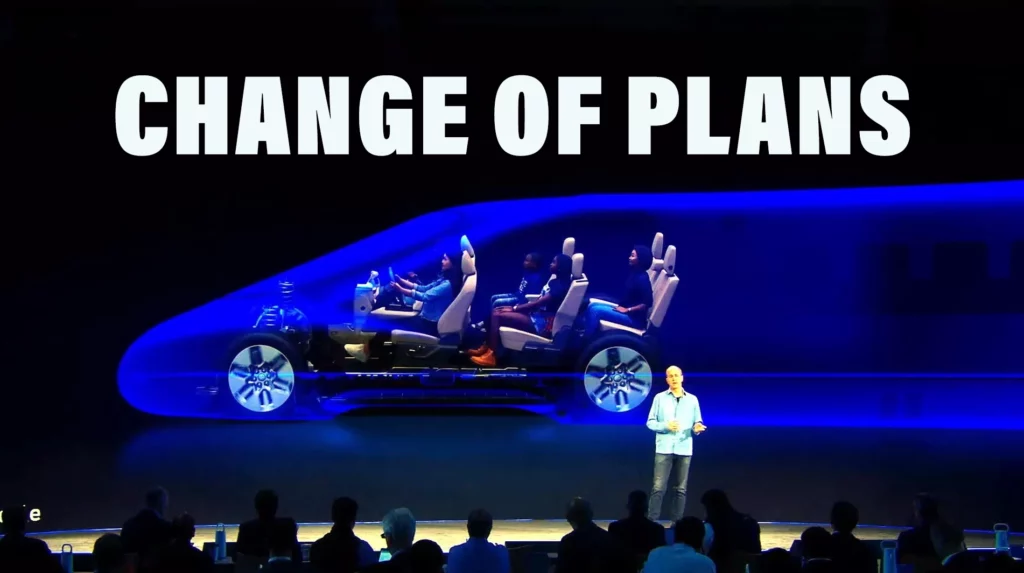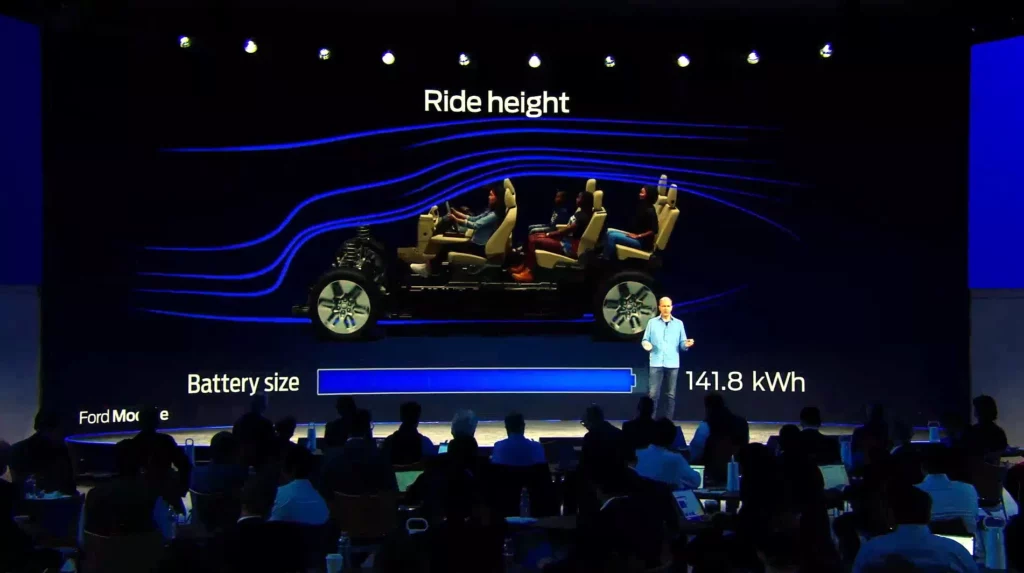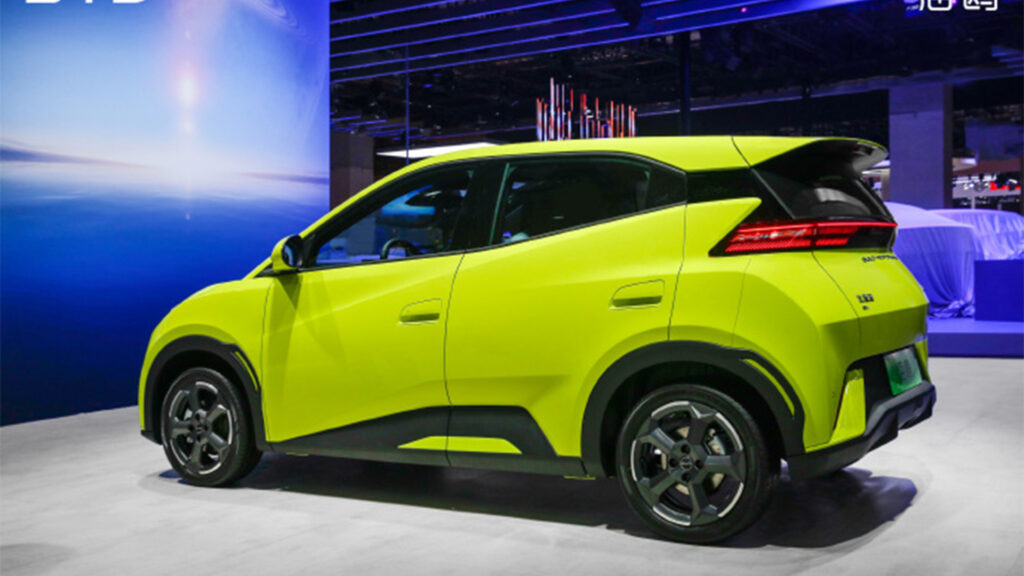The automaker is also delaying plans for a three-row electric SUV as part of its shift toward cheaper cars
3 hours ago
 –>
–> 
–>
Spurred by concerns over shifting demand and rising competition from Chinese competitors, Ford has reportedly pushed back plans for a three-row electric SUV to prioritize the development of a more affordable, $25k EV instead.
The report from Bloomberg delves into specifics, such as the size of the team dedicated to the project, its implications for Ford’s lineup, and the anticipated launch timeline set for late 2026. Additionally, it underscores the perceived threat posed by Chinese automakers, particularly BYD, as a key factor driving this strategic shift.
The development of the affordable EV project is entrusted to a small team of fewer than 100 individuals based in Irvine, California. Leading this initiative is Alan Clarke, notable for his prior engineering leadership on Tesla’s highly successful Model Y. Today, the Model Y is the best-selling car on the globe so it’s understandable that Ford trusts Clarke with a project like this one.
The team’s primary focus lies in constructing a platform utilizing a lithium iron phosphate (LFP) battery. This architecture aims to accommodate not only small cars or crossovers but also potentially small pickup trucks. Perhaps most shocking though is that Ford wants to roll this car out in one form or another by the end of 2026.
More: Ford Teases Three-Row Electric SUV That Aims To Be Your “Personal Bullet Train”

Whether that date refers to its first public appearance or when it rolls off the production line, the report from Bloomberg doesn’t say. What it clarifies is that Ford wants the small EV to make a profit within the first year of production. How could it accomplish that considering that it’s projecting billions in EV-associated losses this year? Component selection is expected to be pivotal in achieving this objective.
LPF batteries can cost roughly one-third less than lithium-ion batteries for one. Building a platform that’s able to support various vehicles is another way to cut costs and maximize product offerings. CEO Jim Farley has clarified in the past that his EV teams are “ruthlessly focused on cost and efficiency” and that the “ultimate competition” is going to be Tesla and Chinese automakers.
In fact, it’s those Chinese automakers that Bloomberg points to as the reason for renewed interest in low-cost EVs. The BYD Seagull costs just $9,698 and offers seating for four, a rotating central infotainment system, and 190 miles of range says the report. If brands from China find a way into the U.S. the auto industry as a whole will have to be willing to make a dramatic shift to keep up. It appears as though it’s already preparing.

